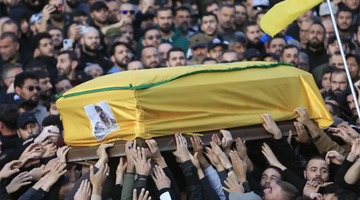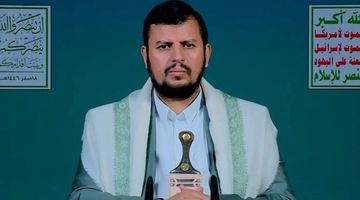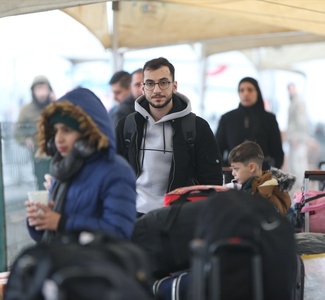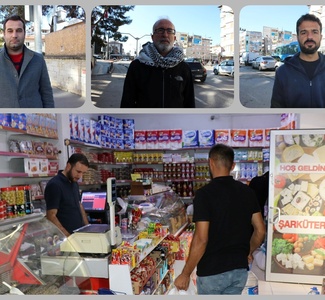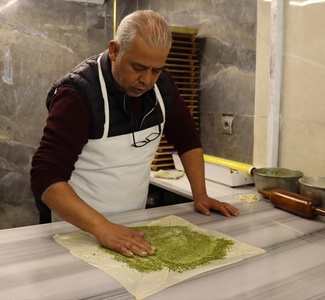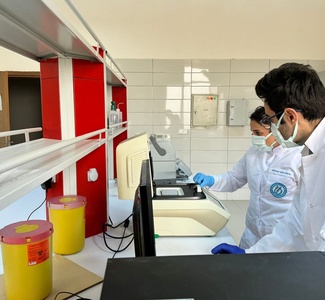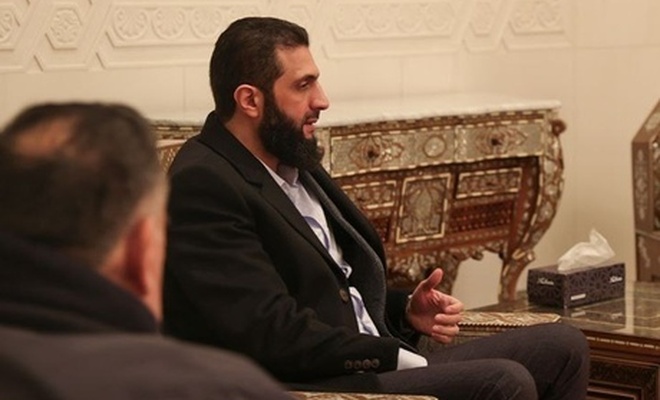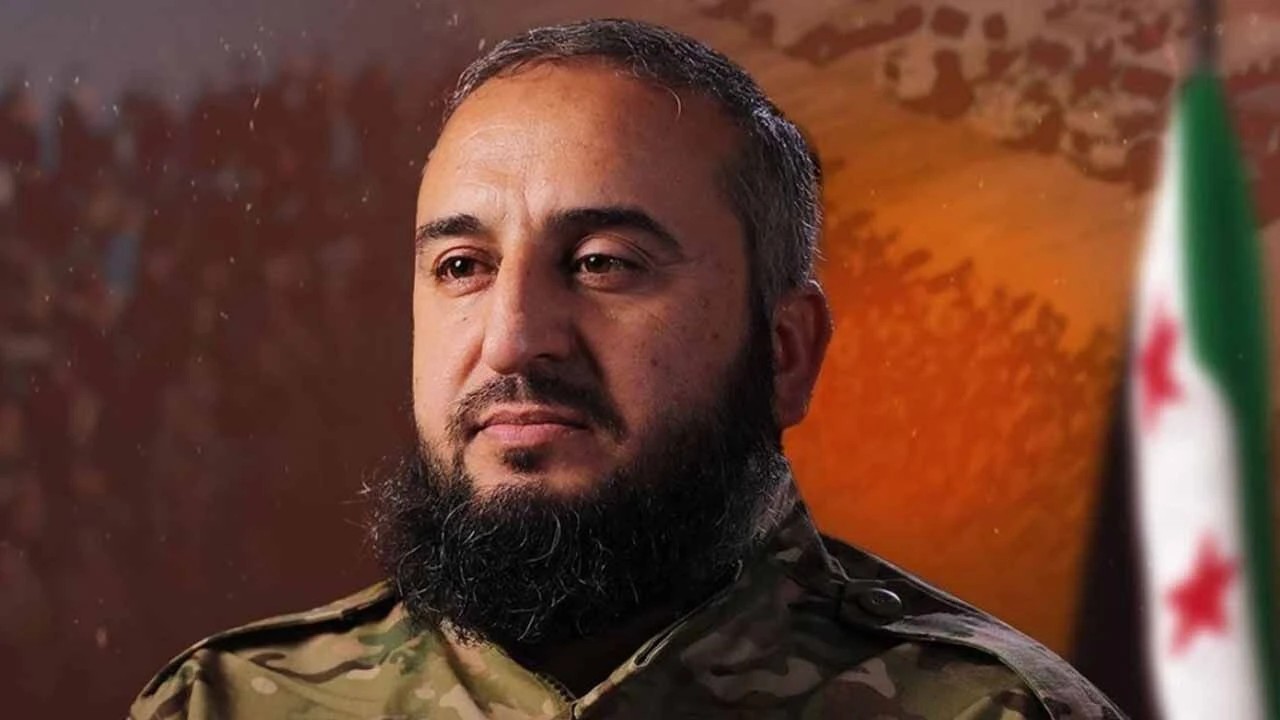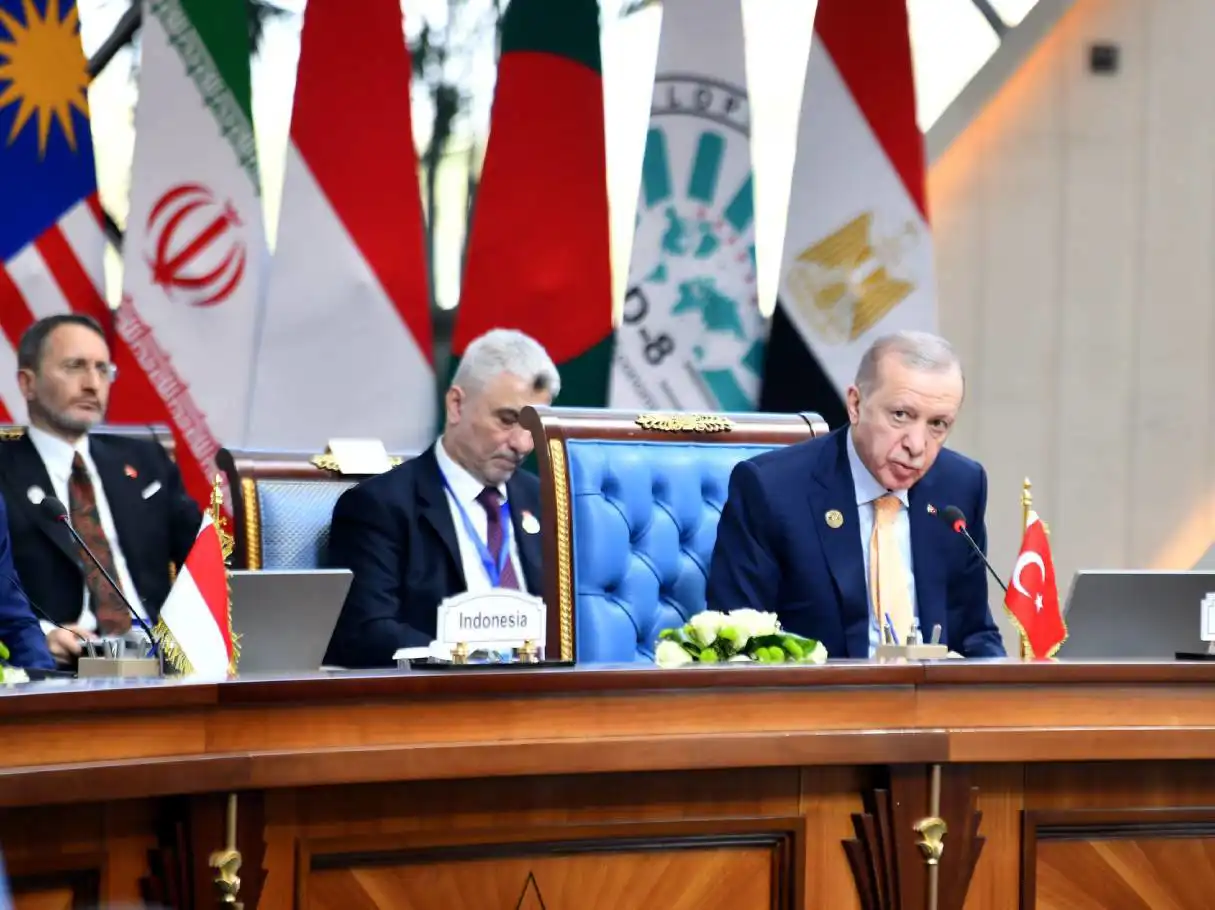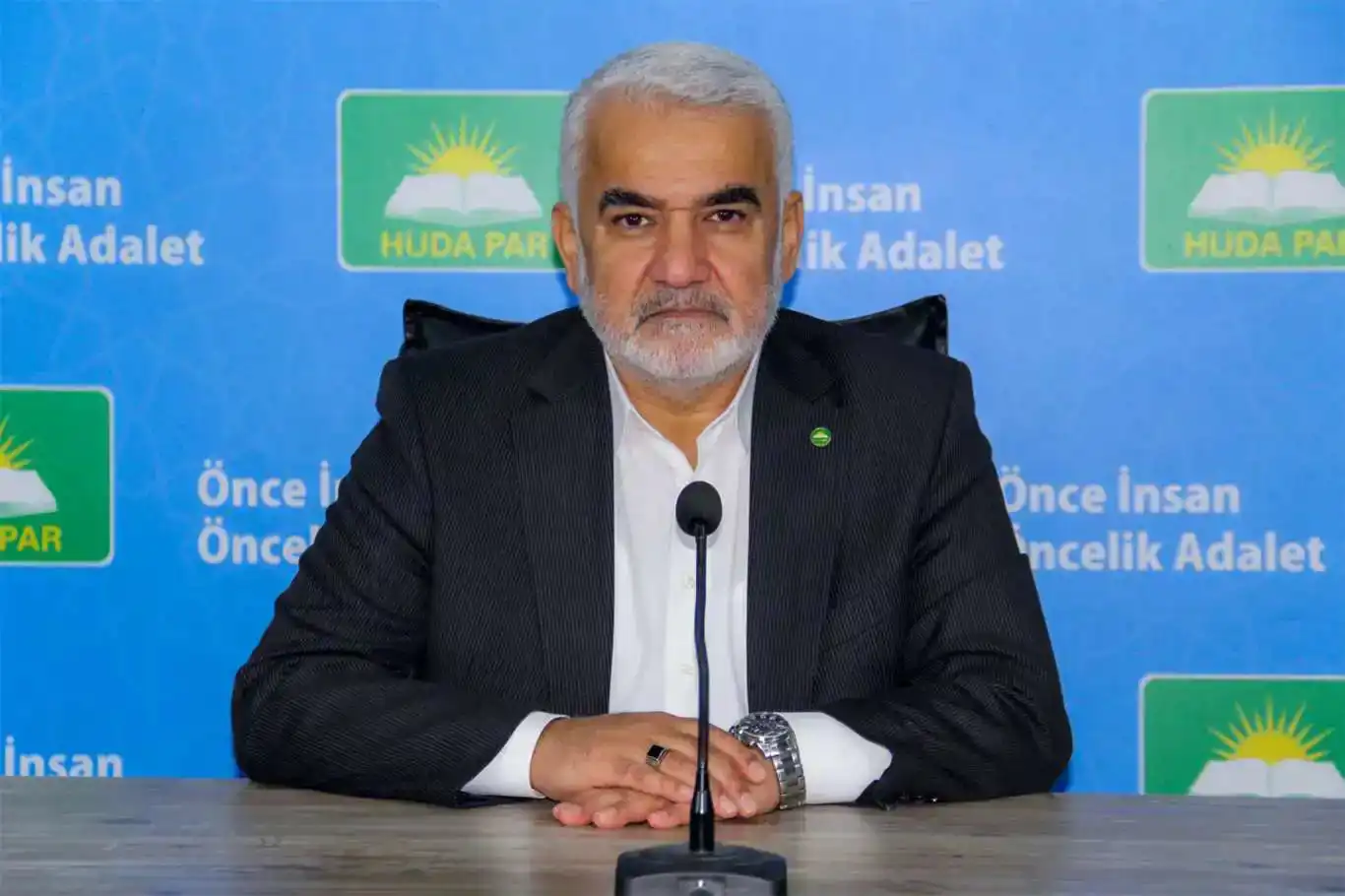UNICEF urges global action to protect children from mpox outbreak in east and southern Africa
UNICEF has raised alarm over the rapid expansion of the Mpox outbreak across Eastern and Southern Africa, with children and vulnerable communities facing the brunt of the crisis.
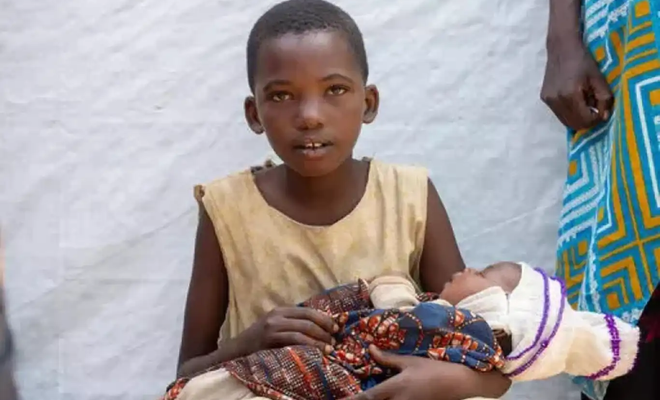
 Google News'te Doğruhaber'e abone olun.
Google News'te Doğruhaber'e abone olun. The United Nations agency reported that over 200 confirmed cases of the virus have been detected in five countries: Burundi, Rwanda, Uganda, Kenya, and South Africa.
A new variant of the Mpox virus, known as clade Ib, has been identified in all affected countries except South Africa, where concerns are mounting over its potential to spread across various age groups, particularly among young children.
Burundi is currently the hardest-hit country in the region, with 170 confirmed cases reported as of August 20, 2024. Nearly 60% of these cases involve children and adolescents under the age of 20, with children under five accounting for 21% of the infections. Additionally, 45.3% of those infected are female.
The outbreak in Burundi is compounded by concurrent health challenges, including measles outbreaks and high malnutrition rates among children, which have been exacerbated by low routine immunization coverage. The country is also grappling with shortages of diagnostic test kits and medicines, low community awareness, high operational costs, and risks to the continuity of essential healthcare services.
“The new strain of Mpox is a serious threat to vulnerable children and families,” said Etleva Kadilli, UNICEF Regional Director for Eastern and Southern Africa. “Aside from immediate lifesaving response, risk communication efforts and cross-border collaboration, investments in overall health system strengthening, continuity of essential services, and targeted focus on programs that support overall child well-being must be prioritized.”
UNICEF also highlighted concerns over the secondary impact of the Mpox outbreak on children and adolescents, including stigma, discrimination, and disruptions to education. Women and girls are particularly at risk of gender-based violence, including sexual abuse and exploitation, as they bear the burden of caring for sick family members.
Drawing on lessons learned from previous public health emergencies such as HIV, COVID-19, and Ebola, UNICEF emphasized the need for a collective effort to support survivors, combat stigma, and ensure the continuity of basic social services, particularly education.
In addition to the Mpox outbreak, Kenya, Burundi, and Uganda are contending with multiple emergencies, including drought and floods, further straining resources and response efforts.
“In the fight against the Mpox outbreak, prioritizing the needs of children is not just necessary—it’s urgent,” added Kadilli. “Their heightened vulnerability requires that we dedicate our full attention and resources to ensure their protection and well-being in this critical response phase.”
UNICEF is actively responding to the outbreak alongside the World Health Organization (WHO) and the Africa Centers for Disease Control and Prevention (Africa CDC), as part of government-led response plans. Efforts include intensifying risk communication, community engagement, and promoting personal hygiene as an effective infection prevention and control measure.
To scale up the response and preparedness across the region, UNICEF has issued an urgent appeal for $16.5 million in funding. The organization has indicated that these needs will be regularly reassessed as the situation continues to evolve. (ILKHA)




























